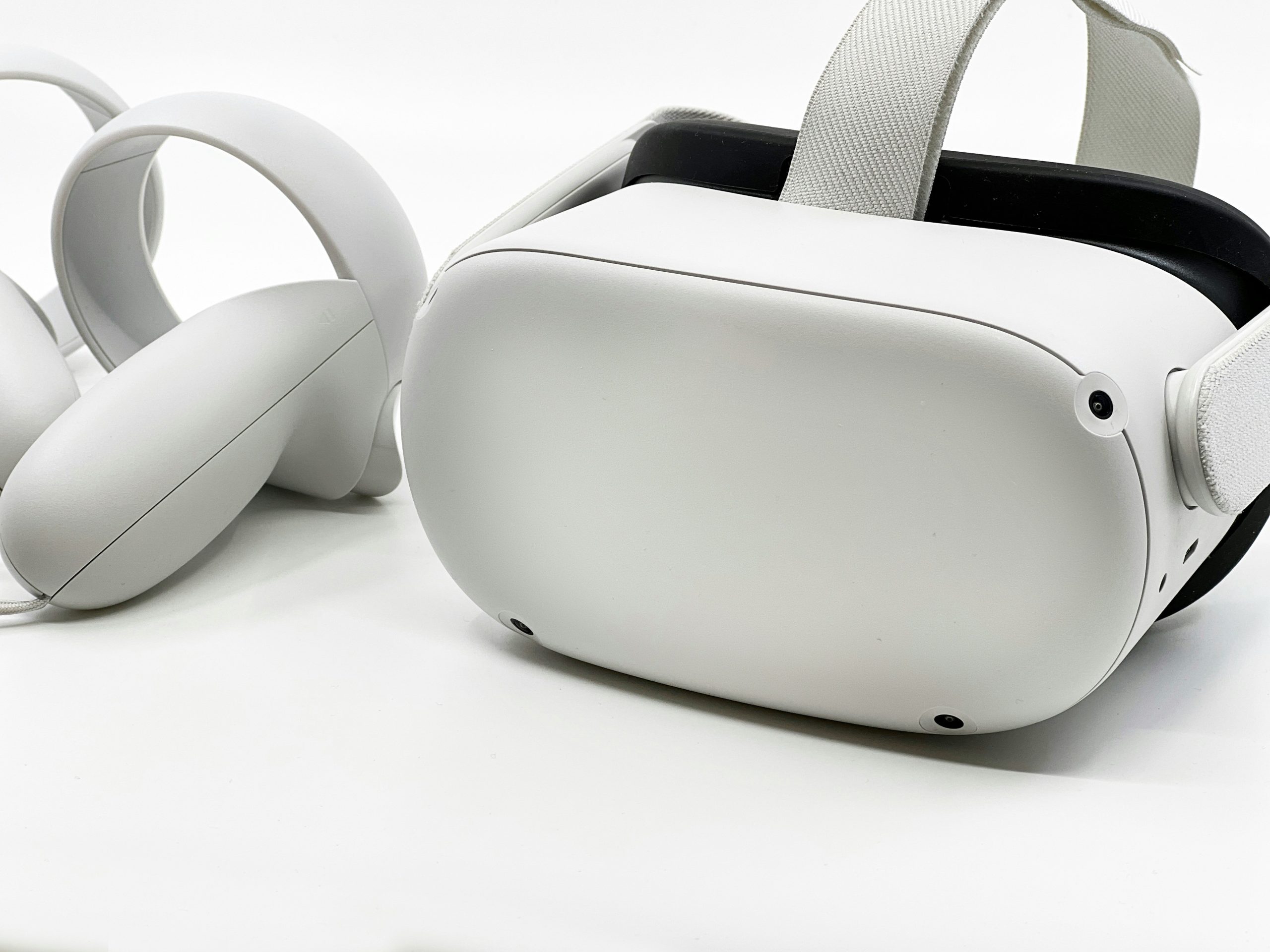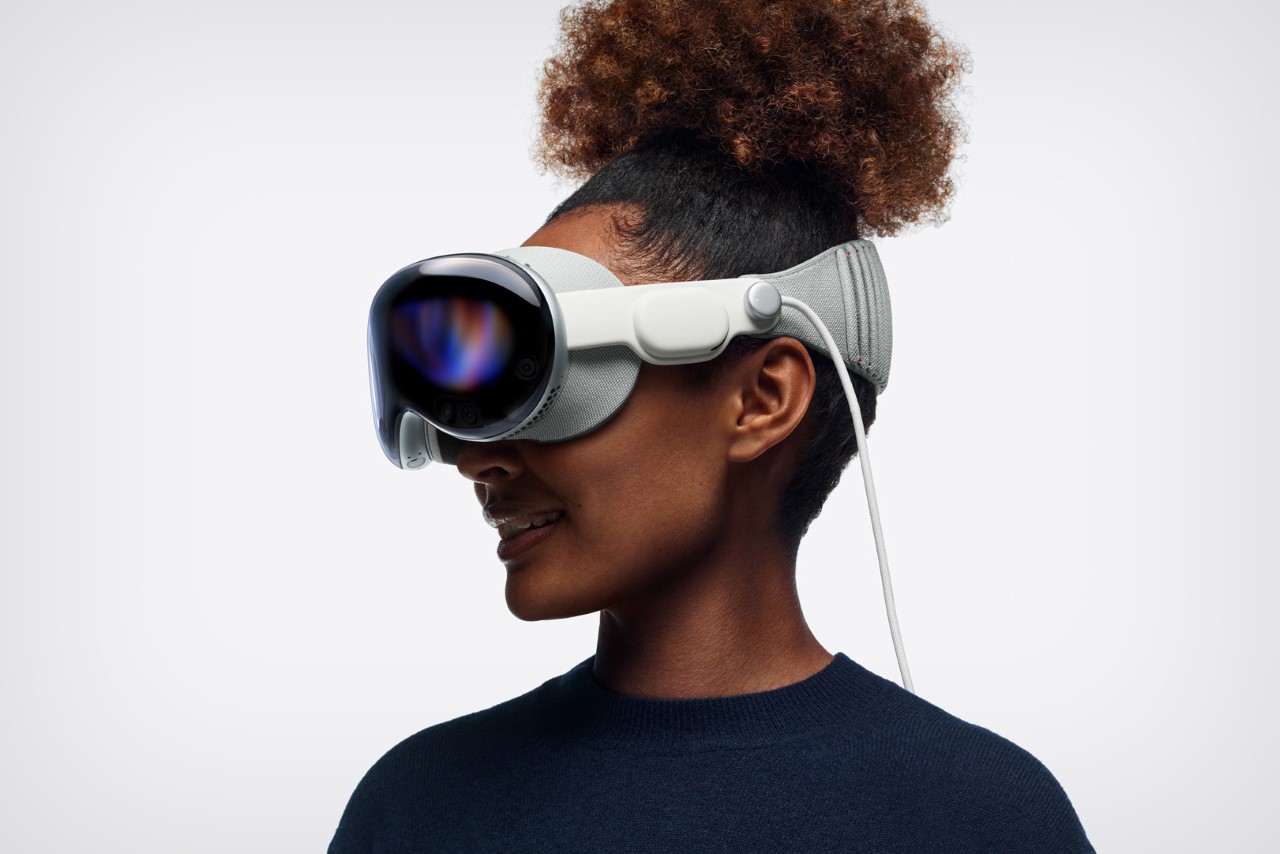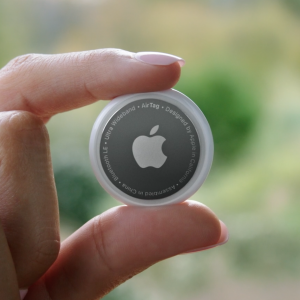Meta’s decision to cancel its high-end headset project wasn’t made lightly. The company has invested heavily in the AR/VR market, notably with its Quest series. However, the Vision Pro’s anticipated superiority in both technology and user experience likely played a role. The cancellation suggests that Meta realized the difficulty of competing directly with Apple’s innovative and highly integrated offering.
This move also reflects Meta’s shift in focus. The company is now concentrating on its core Quest lineup, targeting mainstream consumers with more affordable devices.
By stepping away from the high-end market dominated by Apple, Meta can better allocate resources toward products that cater to a broader audience and align with its strategic vision for the metaverse.
Apple Vision Pro: A Game-Changer in AR/VR
Apple’s Vision Pro stands apart due to its focus on spatial computing, advanced optics, and seamless integration with its network of devices. Designed to be more than just an AR/VR headset, Vision Pro promises an immersive computing experience that redefines how users interact with both digital content and the physical world. Its premium build, combined with a rich suite of features, makes it a compelling product for professionals, creators, and early adopters.
Apple’s strategy is to focus on the high-end market first, perfecting the technology and user experience before potentially expanding to more accessible price points. The Vision Pro’s integration with Apple’s software and services further reinforces its position as a premium product, offering features like advanced gesture controls, spatial awareness, and productivity tools that are difficult for competitors to replicate.
Meta’s exit from direct competition in the premium AR/VR space leaves Apple with fewer rivals. This could lead to a significant shift in market dynamics, where Apple sets the standard for future AR/VR devices. Competing brands might focus more on the entry-level or mid-tier segments, allowing Apple to dominate the high-end market unchallenged.
For consumers, this shift could mean fewer choices in the premium AR/VR space but more stability and polish in the available options. Apple’s meticulous approach to hardware and software integration often results in a superior user experience, but it comes at a premium price. The absence of direct competition could also lead to a slower reduction in prices for high-end AR/VR devices.
What’s Next for Meta and Apple?

Meta isn’t exiting the AR/VR market entirely. Instead, the company plans to double down on the Quest series and other affordable mixed reality solutions. By focusing on mass-market products, Meta can leverage its expertise in social networking and the metaverse to build devices that cater to a broader audience, potentially driving mainstream adoption of AR/VR technology.
With less competition in the high-end segment, Apple has more room to refine and expand its Vision Pro line. Future iterations could feature price reductions, improved hardware, and expanded software capabilities. Apple might also introduce more affordable versions of Vision Pro as the technology matures, gradually bringing AR/VR into the mainstream.
Meta’s decision to cancel its Vision Pro competitor is a clear sign of how challenging it is to compete with Apple in the premium tech space. While Meta refocuses on affordable AR/VR solutions, Apple remains poised to lead the high-end market with Vision Pro, setting new benchmarks in immersive computing.





